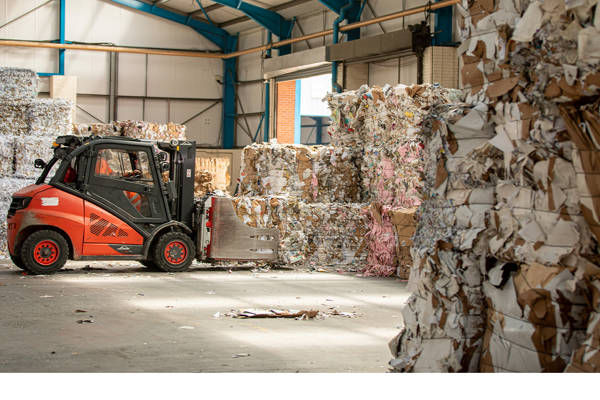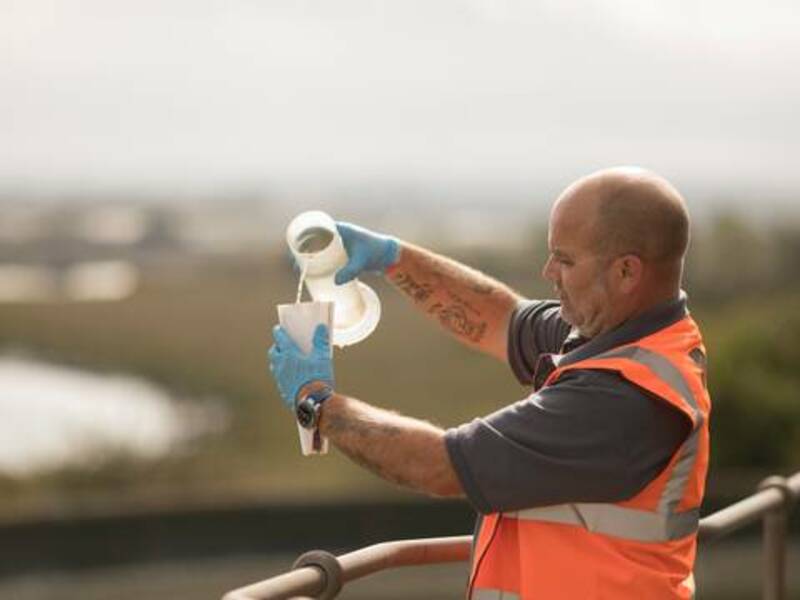Taxonomie de l'UE
Le règlement sur la taxonomie de l'UE établit un système de classification qui traduit les objectifs environnementaux de l'Union européenne en critères permettant de déterminer quand une activité peut être considérée comme durable sur le plan environnemental à des fins d'investissement. Dans le cadre de la taxonomie actuelle, nous avons volontairement identifié certaines de nos activités comme étant durables sur le plan environnemental et conformes à la taxonomie. Il s'agit principalement de nos opérations de recyclage.
En tant que société britannique dont le siège social et le siège administratif sont situés à Londres, DS Smith plc n'est actuellement pas soumise à l'obligation de se conformer au règlement sur la taxonomie. Cependant, nous saluons les mesures visant à accroître la transparence et nous nous efforçons de nous conformer à la taxonomie sur une base volontaire.
Activités éligibles à la taxonomie 2023/24
- Environ 3 % du chiffre d'affaires
- Environ 17 % des dépenses d'investissement
- Environ 1 % des dépenses d'exploitation
Sur ce total
- Environ 2 % du chiffre d'affaires
- Environ 2 % des dépenses d'investissement
- Environ 1 % des dépenses d'exploitation étaient conformes à la taxonomie.
Étant donné que notre secteur et notre activité économique principale ne relèvent pas actuellement du champ d'application des activités économiques définies par la taxonomie de l'UE, à mesure que les actes délégués continuent d'être élaborés et présentés par la Commission européenne, nous prévoyons qu'un plus grand nombre de nos activités économiques seront classées comme durables sur le plan environnemental.
Notre rapport complet sur la taxonomie de l'UE 2023/24, tel que mentionné dans notre déclaration volontaire aux pages 78-79 du rapport annuel 2024 de DS Smith, présente la taxonomie de l'UE, les activités identifiées comme éligibles et alignées sur la taxonomie de l'UE et présente des tableaux sur le chiffre d'affaires, les dépenses d'investissement et les dépenses d'exploitation. Il contient également des informations supplémentaires sur la manière dont nous avons appliqué les critères « ne pas nuire de manière significative » (DNSH) et les critères de sauvegarde minimaux, en plus des principes comptables appliqués.
Nous continuons à suivre l'évolution de cette nouvelle législation et nous adapterons nos divulgations en conséquence.


